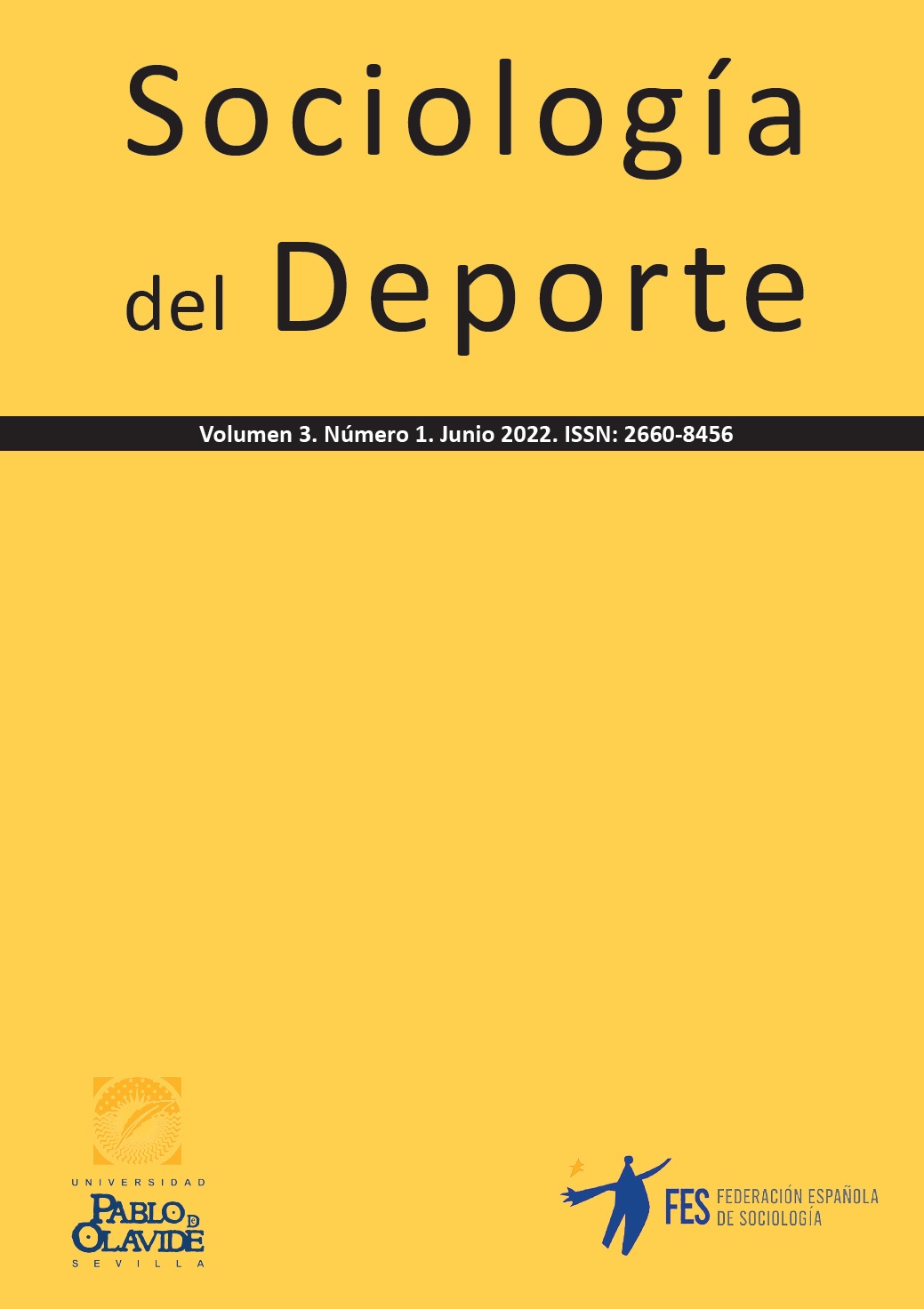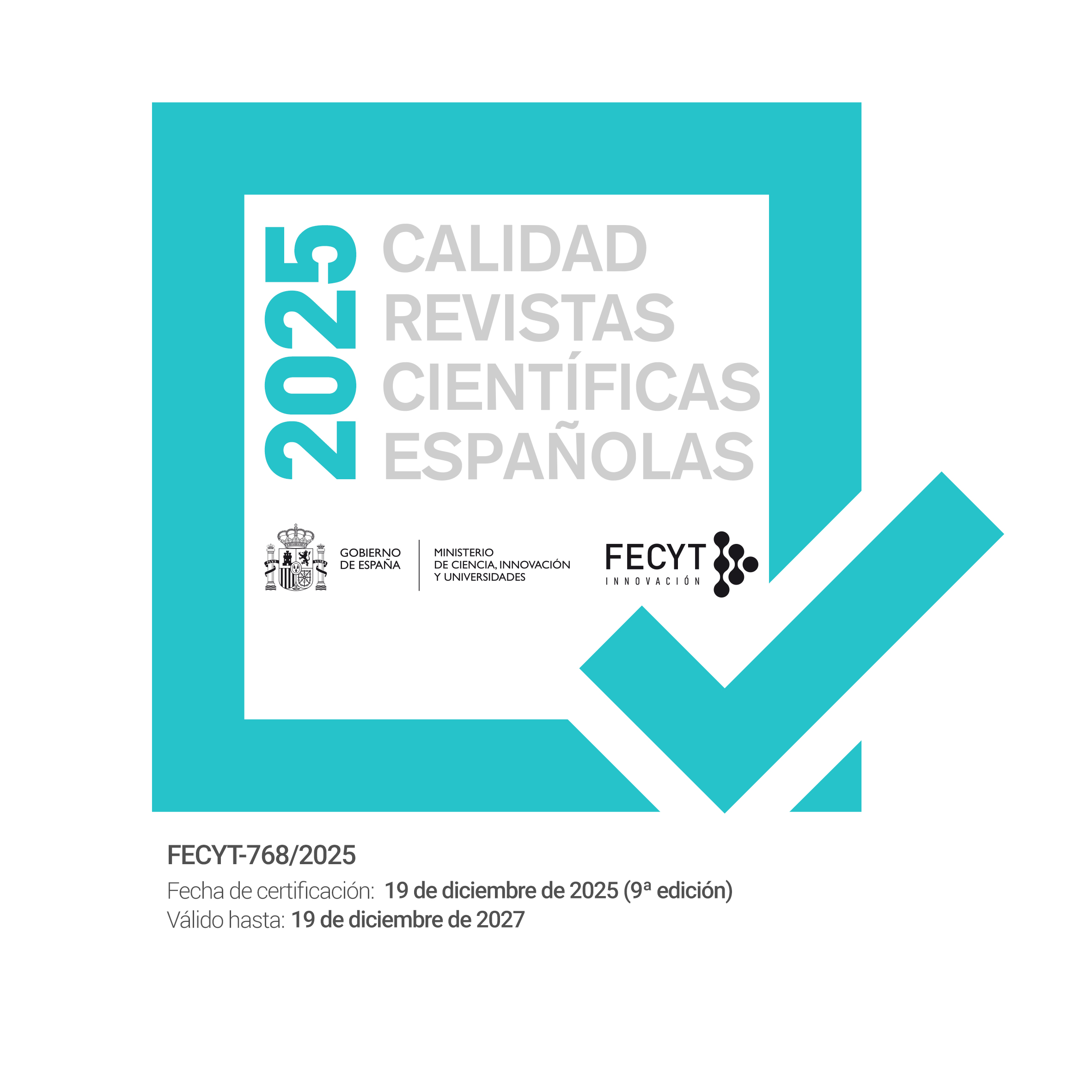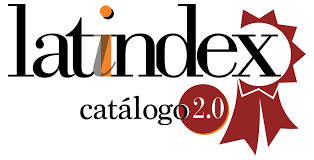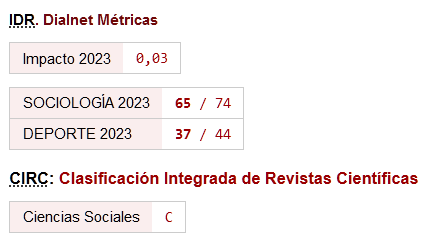Elements for a holistic methodology of socio-educational intervention through sport: the ISSOK Model
DOI:
https://doi.org/10.46661/socioldeporte.6842Keywords:
Human Rights, Sport, Positive Development, Human Development, Skills for life, ISSOK modelAbstract
The interest around sport as a tool for the human development of populations has been growing since the beginning of the century. The United Nations and UNICEF agree in recognizing the contribution of sport to the human and healthy development of children, its potential in promoting peace, health and well-being and its ability to transmit values. However, some research makes it possible to question the effectiveness of initiatives promoted in this field because they do not take into account the ambivalent nature of sport, which requires the use of adequate strategies and methodological models depending on the objectives pursued. From the conviction that the ability of sport to develop life skills will depend on the strategies used and who does it and how, "Sport makes us equal" and the ISSOK Model were born, a project and methodology focused on personal and social transformation that incorporates into practice sports a methodology designed so that children and adolescents can develop their personal and social skills. Positive development through sport and physical education represents a new approach for social intervention given its ability to translate the ideology of human development into concrete practices.
Downloads
References
Alfaro, A (2016). !La violencia tiene una historia: ¿Cómo se incuba una crisis?", En Reconstrucción del tejido social, una apuesta por la Paz, de G. Mendoza y J. Atilano. México: Centro de Investigación y Acción Social por la Paz, Jesuitas por la Paz.
Annan, Kofi (2004). "Rueda de prensa para presentar el Año del Deporte y la Educación Física 2005".
Blanco Pereira, E. (1999). Manual de la organización institucional del deporte. Barcelona: Paidotribo.
Branz, Juan, José Garriga Zucal, y Verónica Moreira (2013). Deporte y ciencias sociales: claves para pensar las sociedades contemporáneas. La Plata: Editorial de la Universidad de la Plata-Edulp. https://doi.org/10.35537/10915/50215
Burton, John (1990). Conflict: Resolution and Provention. Virginia: The Macmillan Press. https://doi.org/10.1007/978-1-349-21005-3_20
Cecchini, J. A., J. Montero, y J. V. Peña (2003). "Repercusiones del programa de intervención para desarrollar la responsabilidad personal y social de Hellison sobre los comportamientos de fair-play y el auto-control". Psicothema, nº 15, 631-637.
Comisión de las Comunidades Europeas (2007). Libro Blanco sobre el deporte. Luxemburgo: Oficina de Publicaciones Oficiales de las Comunidades Europeas.
Cutforth, N., y K. M. Pucket (1999). "An investigation into the organization, challenges, and impact of an urban apprentice teacher program". The Urban Review, nº 31, 153-172. https://doi.org/10.1023/A:1023231523762
Cyrulnik, Boris (2013). Los patitos feos: La resiliencia. Una infancia infeliz no determina la vida. DEBOLSILLO.
Dana, Deb (2019). La teoría polivagal en terapia. Cómo unirse al ritmo de la regulación. Sitges: ELEFTHERIA, S.L.
Díez Gutiérrez, Enrique Javier (2014). "La construcción educativa del nuevo sujeto neoliberal". El Viejo Topo, Septiembre, 38-47.
Escartí, Amparo, Carmina Pascual, y Melchor Gutiérrez (2005). Responsabilidad Personal y Social a través de la Educación Física y el Deporte. Barcelona: Graó.
Fisas, Vicenç (2011). Educar para una Cultura de Paz. Barcelona: Quaderns de Construcció de Pau..
Hellison, D., y D. Walsh (2002). "Responsibility-based youth programs evaluation: Investigating the investigations". Quest, nº 54, 292-307. https://doi.org/10.1080/00336297.2002.10491780
Hellison, D., y P. M. Wright (2003). "Retention in an urban extended day program: A process-based assessment". Journal of Teaching in Physical Education, nº 22, 369-381.
https://doi.org/10.1123/jtpe.22.4.369
Hellison, Don (1973). Humanistic physical education. Englewood Cliffs.
- (2003). Teaching personal and social responsibility through physical activity. Champaign, Il.: Human Kinetics.
Herrera Flores, Joaquín (2008). La reinvención de los derechos humanos. Sevilla: Atrapasueños.
Lederach, John Paul (2000). EL ABECE DE LA PAZ Y LOS CONFLICTOS: EDUCACION PARA LA PAZ. Madrid: La Catarata.
Moscoso-Sánchez, David Jesús (2006). "La sociología del deporte en España. Estado de la cuestión". Revista Internacional de Sociología LXIV, nº 44, 177-204.
Moscoso-Sánchez, David (2011). "Los españoles y el deporte. Del pódium al banquillo". Panorama Social, nº 14, 110-126.
Naciones Unidas (2019). "Convención sobre los derechos del niño". 29 de marzo de 2019. https://www.un.org/es/events/childrenday/pdf/derechos.pdf.
Newton, M., D. Watson, M. Kim, y O. Beachman (2006). "Understanding motivation of underserved youth in physycal activity settings". Youth Society, nº 37, 348-371. https://doi.org/10.1177/0044118X05278964
Ogi, Adolf (2004). "Intervención en el Fórum Universal de las Culturas de Barcelona 2004".
Oliva Delgado, A., M. Ríos Bermúdez, L. Antolín Suárez, Á. Parra Jiménez, Á. Hernando Gómez, y M. A. Pertegal Vega (2010). "Más allá del déficit: Construyendo un modelo de desarrollo positivo adolescente". Infancia y aprendizaje, nº 33, 223-234.
https://doi.org/10.1174/021037010791114562
PNUD (2019). Programa de las Naciones Unidas para el Desarrollo. PNUD México. 26 de Marzo de 2019. http://www.mx.undp.org/content/mexico/es/home/post-2015/sdg-overview.html.
Rato Barrio, Maria (2009). La actividad física y el deporte como herramientas para promover el interculturalismo en contextos postbélicos, en el marco de la cooperación para el desarrollo. Un proyecto realizado en Guatemala. Tesis Doctoral Europea. Madrid: Universidad Politécnica de Madrid.
Rosenberg, Marshall B (2016). Comunicación NoViolenta. Un lenguaje de vida. Barcelona: ACANTO, S.A.
Seligman, Martin E. P. Florecer (2016). La nueva psicologia positiva y la búsqueda del bienestar. Oceano Expres.
Tinning, R. (1992). Educación Física: la escuela y sus profesores. Valencia: Universitat de Valencia.
UNESCO (2022). Carta Internacionalde la Educación Física, la Actividad Física y el Deporte. s.f. https://unesdoc.unesco.org/ark:/48223/pf0000235409_spa (último acceso: 17 de 04 de 2022).
UNICEF (2019). UNICEF México. 21 de marzo de 2019. https://www.unicef.org/mexico/spanish/17054_17505.html.

Published
How to Cite
Issue
Section
License
Copyright (c) 2022 Roser Fernández Benito, Jesús C. Abellán Muñoz

This work is licensed under a Creative Commons Attribution-NonCommercial-ShareAlike 4.0 International License.









